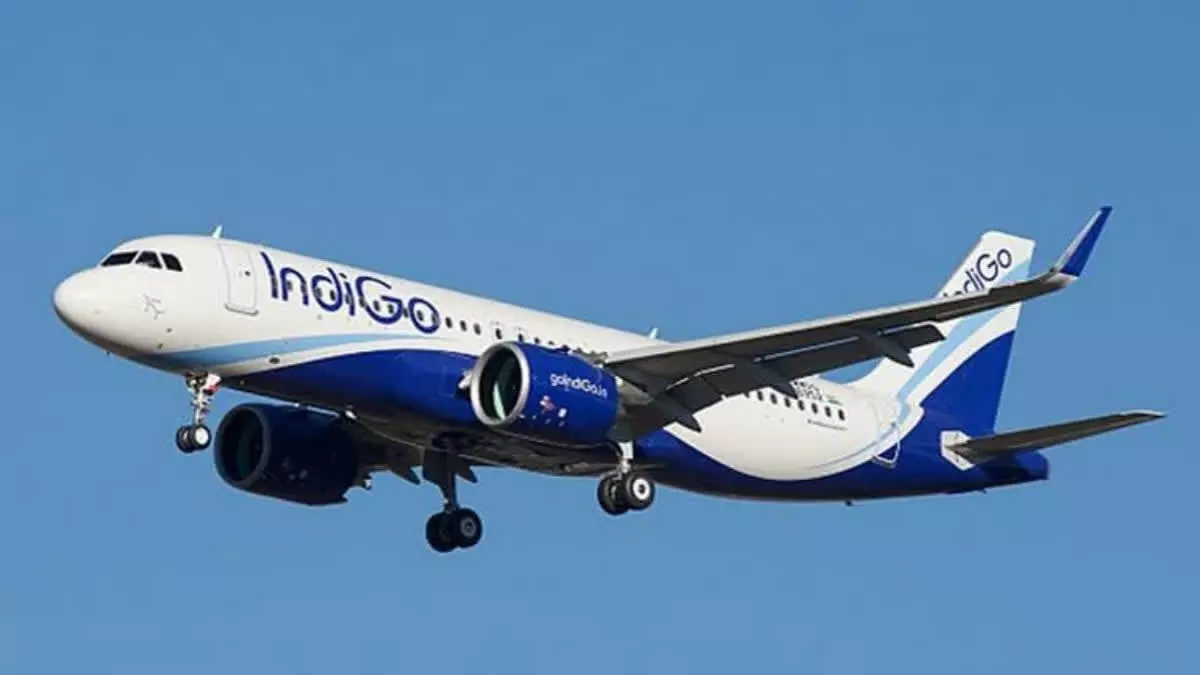Clouds of Closure

In a significant diplomatic move underscoring India’s zero-tolerance policy towards those who back Pakistan’s provocations, the government has directed IndiGo to end its aircraft lease agreement with Turkish Airlines within three months. This decision, taken in the aftermath of Turkey’s vocal support for Pakistan during Operation Sindoor, is not just about aviation logistics—it’s a firm geopolitical signal that India will not compromise when it comes to national security and regional sovereignty. IndiGo currently operates two Boeing 777 aircraft leased from Turkish Airlines under a dry lease arrangement. The initial permit for this lease expired on May 31, and while the airline sought a six-month extension to avoid flight disruptions, the Ministry of Civil Aviation granted a three-month grace period—citing passenger convenience but making it abundantly clear: no further extensions will be entertained. Come August 31, the IndiGo-Turkish Airlines dry lease must end without exception. This move follows a related decision just weeks ago, when the government revoked the security clearance for Celebi Aviation, a Turkish firm handling ground services at nine major airports in India, including the crucial Indira Gandhi International Airport in Delhi. Both actions stem from the same source: Turkey’s consistent and, at times, provocative alignment with Pakistan, especially in matters that directly challenge India’s sovereignty.
Operation Sindoor, which aimed to dismantle terror infrastructure across the border, was a matter of national security for India. Turkey’s endorsement of Pakistan’s narrative during this operation crossed a line—transforming it from a bilateral aviation or economic matter to a question of India’s security interests and diplomatic posture. By instructing IndiGo to sever its leasing ties with Turkish Airlines, the Indian government is making it crystal clear that any form of cooperation—commercial or otherwise—cannot be isolated from the larger geopolitical context. It sends an unmistakable message to Turkey and other nations that India will leverage every lever it has, including economic and civil aviation channels, to safeguard its national interests. IndiGo’s response to this directive has been measured and pragmatic. Its CEO, Pieter Elbers, highlighted that out of the airline’s 400-plus aircraft, only two are leased from Turkish Airlines, indicating minimal operational impact. More importantly, he assured that IndiGo would comply fully with any directive from the Indian government, reflecting a necessary alignment between private sector operational imperatives and national security considerations. Yet, Elbers also underscored the airline’s primary responsibility to its passengers, acknowledging the balancing act airlines must perform in today’s interconnected world. For now, IndiGo has been granted a three-month window to ensure minimal disruption for passengers—an important caveat in a sector that is still recovering from the pandemic’s blows and ongoing global supply chain challenges.
The broader implications of this directive highlight how commercial aviation, often seen as an apolitical domain, can become enmeshed in the larger tapestry of international relations. Turkey’s actions have put its commercial interests in India at risk—a stark reminder that governments worldwide are increasingly ready to weaponize economic relationships in pursuit of national security objectives. For India, this approach reinforces the importance of strategic autonomy and self-reliance. As we continue to modernise our aviation sector, the need to reduce dependency on foreign partners whose political alignments may be at odds with ours becomes more urgent. The Make in India and Atmanirbhar Bharat initiatives must extend not just to aircraft manufacturing, but also to critical ground services and leasing arrangements—areas where foreign players still hold significant sway. Equally, this move prompts reflection on how India can balance its economic diplomacy with its security imperatives. In a globalised economy, complete disengagement is rarely possible or even advisable. However, drawing red lines—and making them known to the world—helps define the boundaries of acceptable behaviour for foreign partners. As India grows into a major player in the global aviation landscape, this decision to end the Turkish Airlines lease deal stands as a reminder: partnerships are welcome, but not at the cost of our national security and geopolitical principles. Turkey’s miscalculation—assuming its backing of Pakistan would go unanswered—has been met with a resolute Indian response. In this, India reaffirms a principle that transcends the aviation sector: that no economic partnership is worth compromising our sovereignty and security. And that when the skies are turbulent, India will chart its own flight path—secure, independent, and unwavering.



